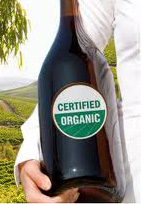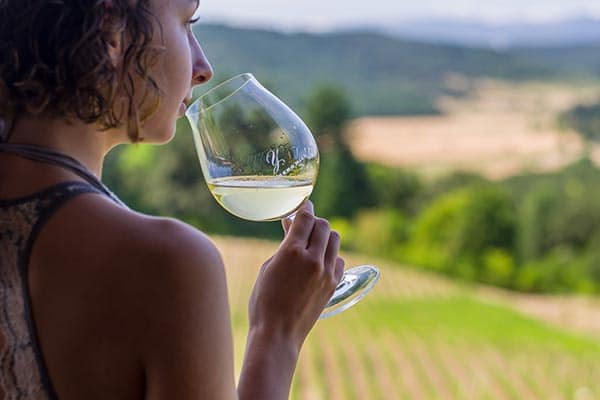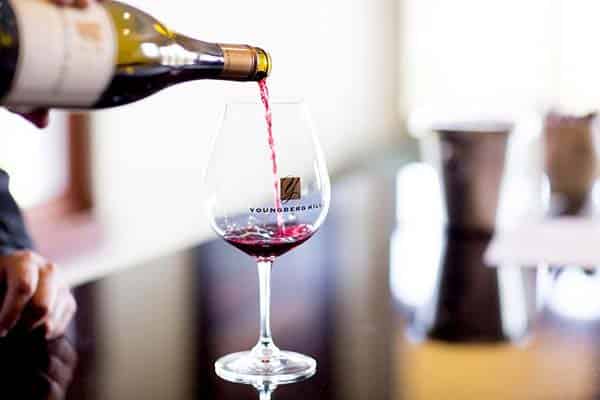There continues to be confusion on many fronts as to what constitutes “organic” wines. First, lets differentiate between grape growing and wine making. In the English language there is not a word for both the winemaker and the farmer growing the grapes. In French, the word is ‘vigneron’. The French vigneron also considers him or herself a farmer first and then a steward of the wine making process. In the US, they could be two different individuals and often times are. Therefore, when we talk about “organic” we must also identify whether we are talking about grape growing or wine making.
Organic farming simply means not putting any inorganic material on the plants or the soil. There can be much interpretation as to what “organic material” is and what is not. There are many manufactured products that are considered organic and meet the USDA’s certification criteria. There are many that believe that any manufactured material is not “organic”. And while there are many who choose not to get organic certification, they may be using farming practices that meet or exceed what is required for certification. For most, it is not the desire to be certified and to market as such; it is to farm in a responsible manner that is healthier for the soil, the grapes, the wine, and the consumer.
Organic farming should not be confused with organic wine making or organic wines. Wines that are made with organically farmed grapes are just that and would not by most, be considered organic wines. While there is no one certification process for “organic wines”, it is widely accepted that for a wine to be “organic”, there would not be anything added to the wine. But that last statement, however, is fraught with disagreement as to what constitutes “anything added”.
Over the next few weeks, we will continue this series to discuss sustainable and biodynamic farming. In the meantime, we would be interested to know if you look for certain certifications on the back label of a wine and if so, what are you looking for?










